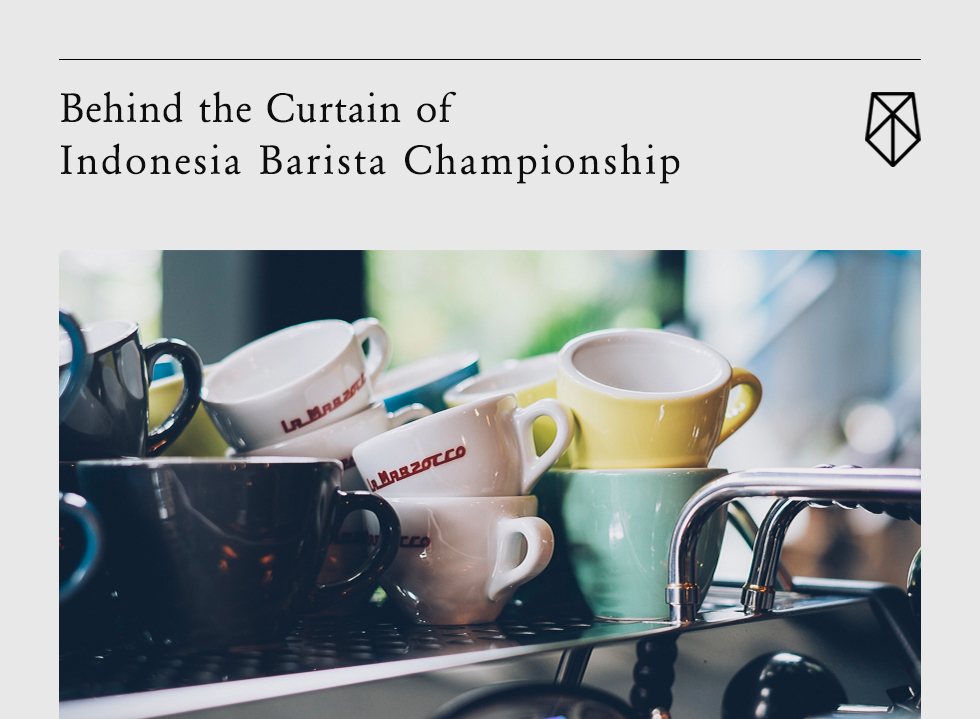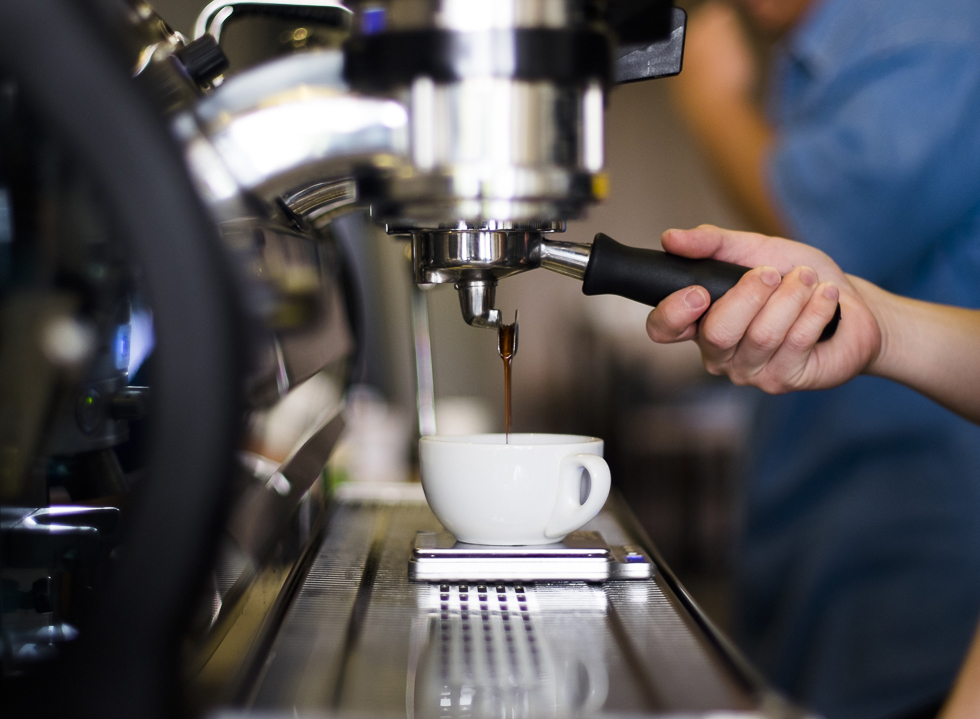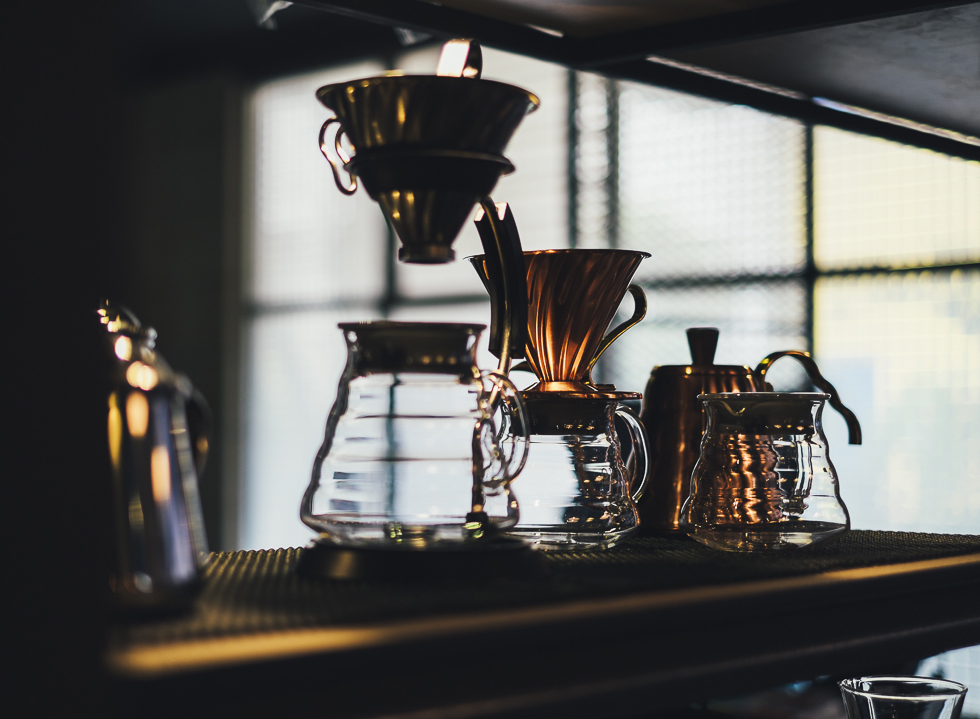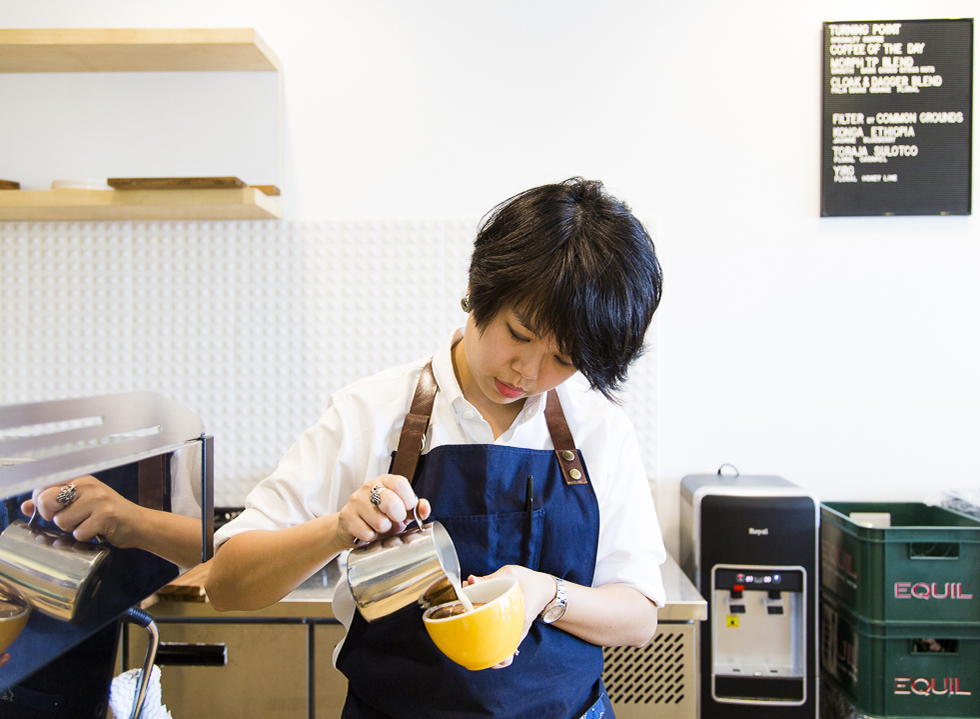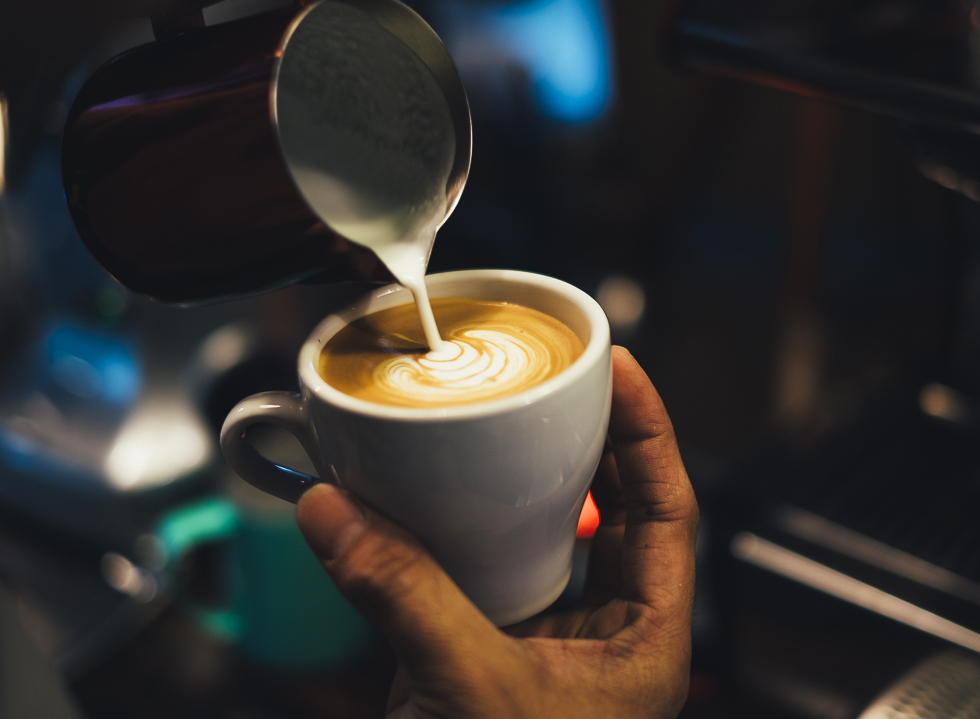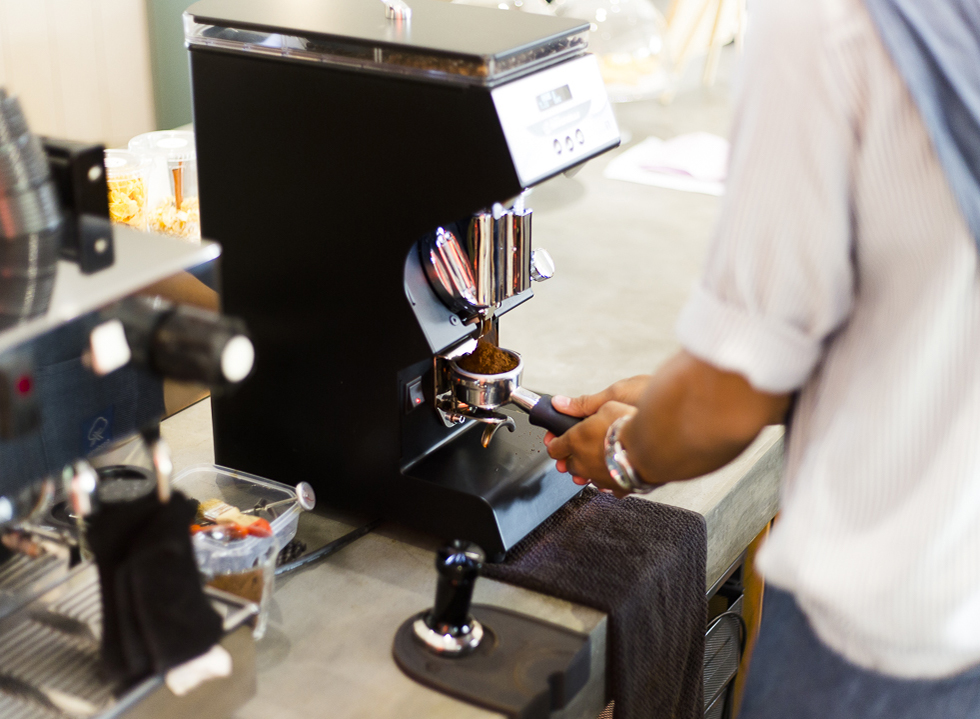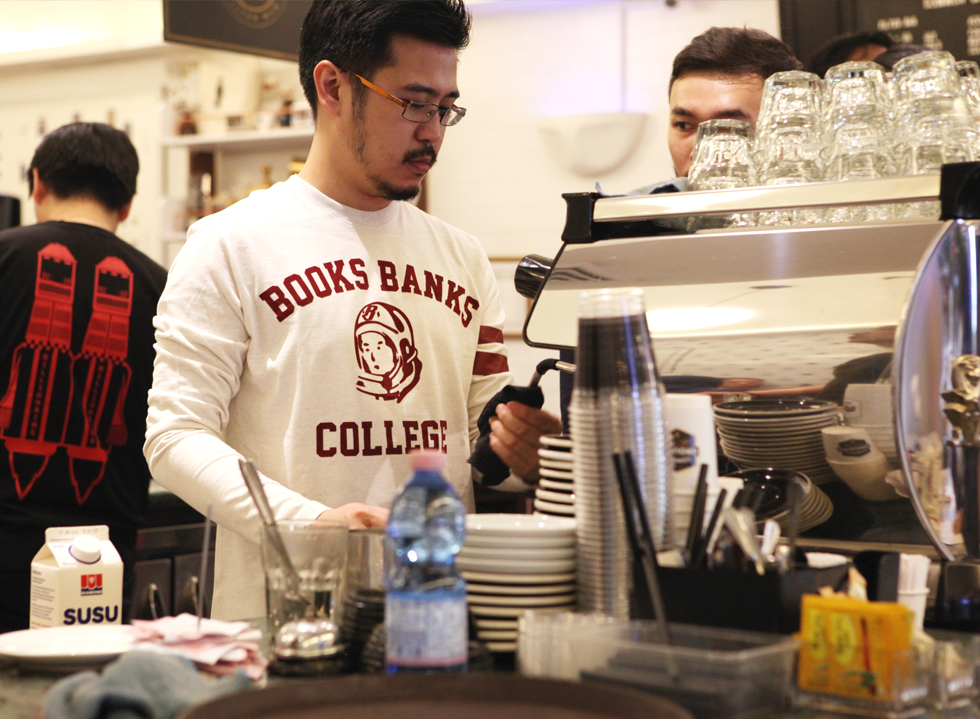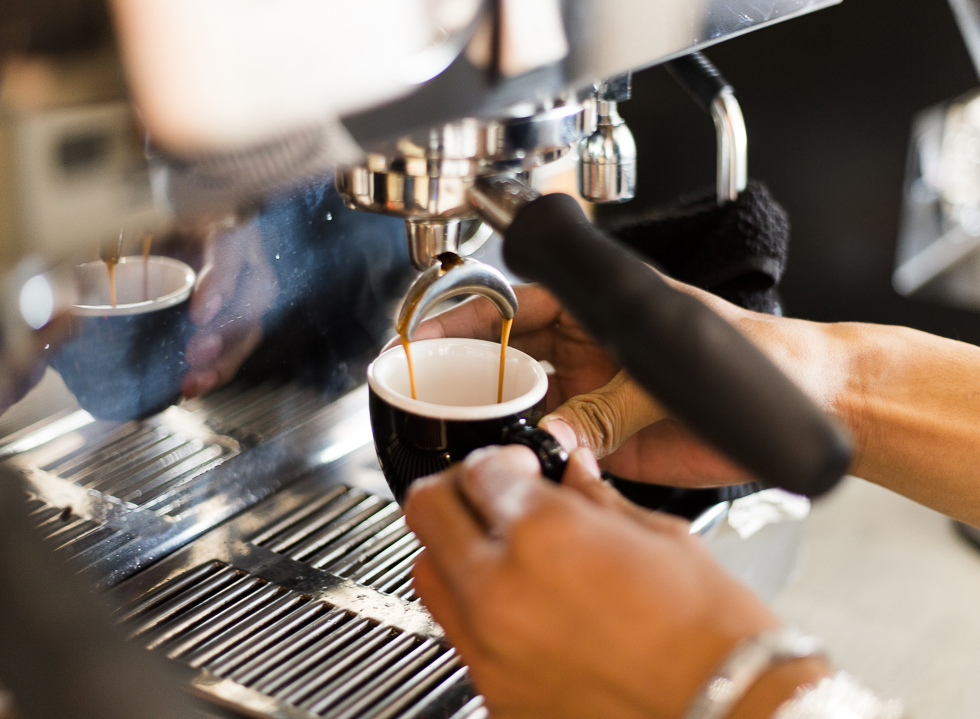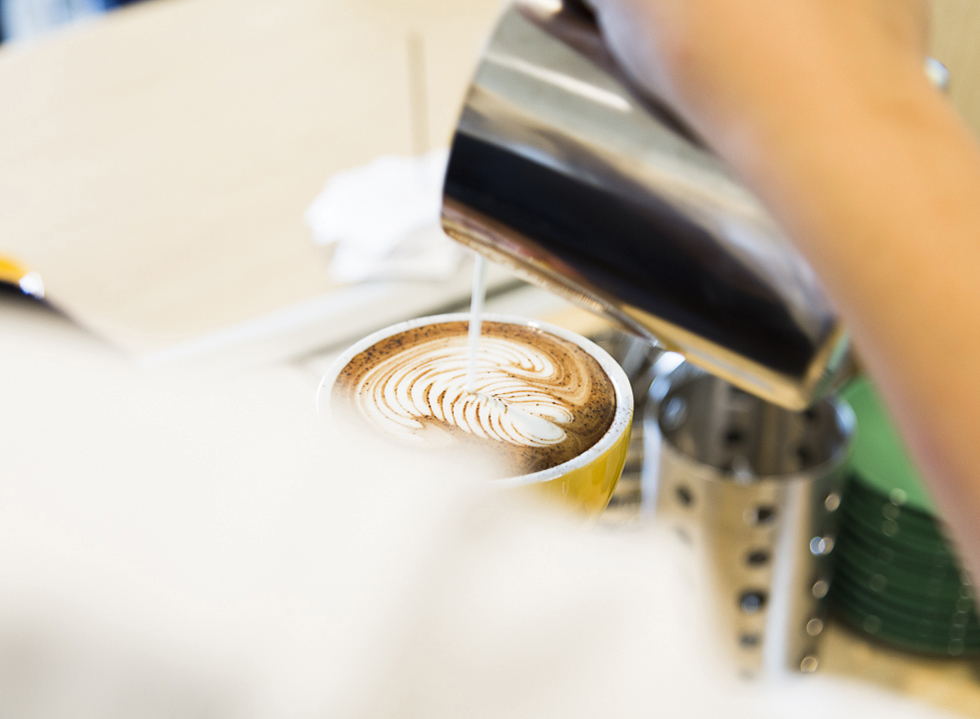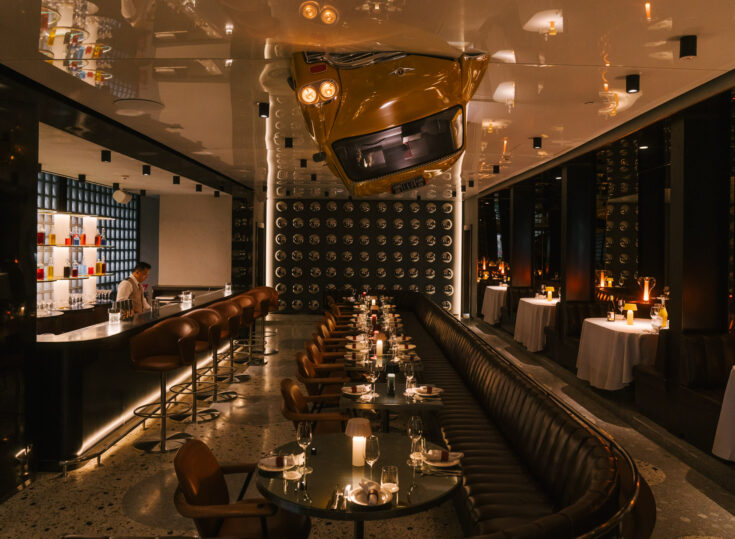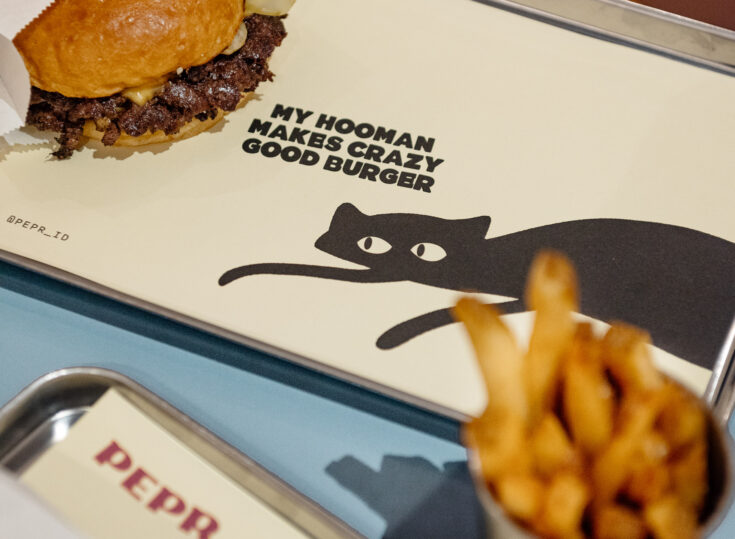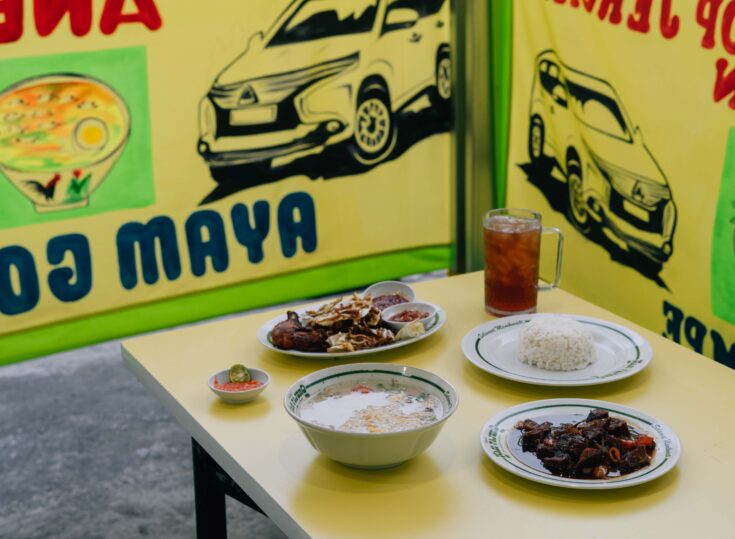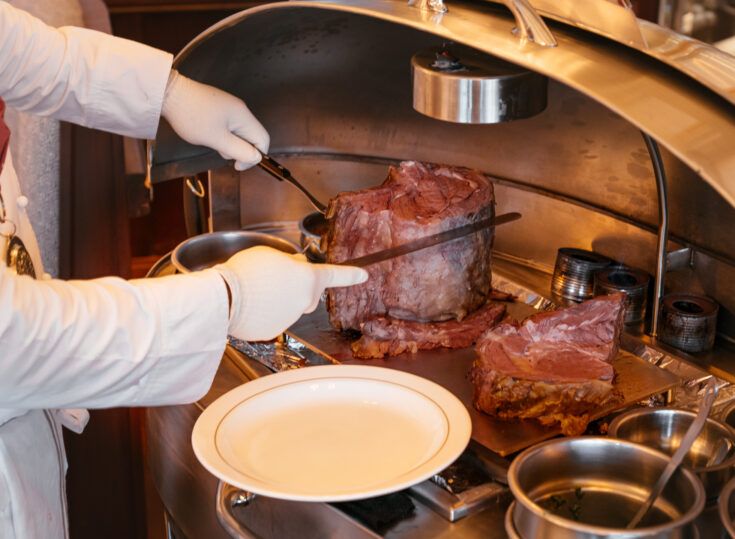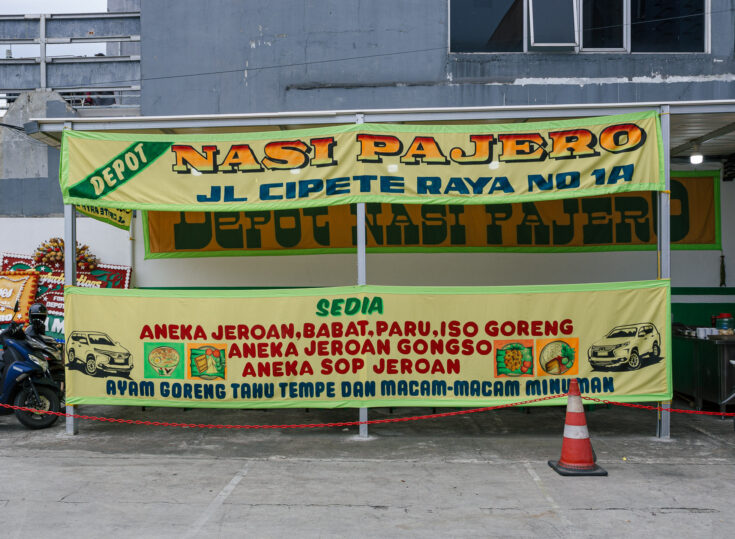“I think that coffee is one of the most wonderful things on the planet. And it’s endlessly fascinating and it’s also extremely difficult,” says Charlie Habbeger. Habbeger is a barista and also one of the main figures in Barista, a documentary film in 2015 that documents five dedicated baristas on their journey to win the title of the US Barista Champion. The film follows Habbeger along with his fellow baristas who performed their everyday routine, where they equipped themselves with endless preparation for the competition.
Habbeger’s story is no less different than the story of most, if not all, baristas all over the globe who are working their ways to become the number one barista in their own respective country. And that includes dozens of Indonesian baristas who squared off in the Indonesia Barista Championship (IBC). “Barista Championship is the biggest event in coffee community. This is the one competition that is the most delicate, time-consuming, and requires one to spend a lot of money,” says Yoshua Tanu, 2015 Indonesia Barista Champion who represented Common Grounds in the competition.
Barista, a person in charge on what goes into your cup of joe, is a profession that has seen an upsurge in the last couple of years in the wake of the recent boom of the third-wave coffee culture. Although by now one may have at least recognised the main role and duties that follow a barista, nevertheless when it comes to Barista Championship, only a few knows what it is exactly about and what really goes into it.
But let’s go to the beginning. Barista Championship is one of seven coffee-based championships that are organised by the World Coffee Events (World Coffee Events (WCE) itself was established by the Specialty Coffee Association of Europe and Specialty Coffee Association of America). WCE, which has the right to these seven coffee championships, is also responsible in giving the permission to Specialty Coffee Association in a country to hold these annual coffee events; and that includes Indonesia through the Specialty Coffee Association of Indonesia (SCAI), which held its first IBC in 2009. National champion will then be brought to the next stage, to vie for the title of World Barista Champion.
“Why do baristas need to compete? The most important thing is not about winning, but the need for these baristas to be appreciated,” says Ve Handojo, Co-Founder of ABCD School of Coffee and Ruang Seduh. As someone with an established presence in the coffee industry, Ve underwent a number of training and calibration in order to be eligible to judge. He has since been trusted to judge a number of coffee events, both national and overseas, such as assuming the role of Sensory Judge for the 2015 Singapore Barista Championship as well as the Head Judge for last year’s IBC.
“Barista had always remained behind the bar. In a competition like this, they are on the stage and they are also celebrated while simultaneously being closely observed – whether or not they’ve got what it takes to be a barista,” says Ve.
Mira Yudha, a Head Judge in the previous IBC and also one of the few Indonesian people who acquired the prestigious WCE Judge Certifications, emphasises that advancement of the coffee industry is another purpose of the competition. With her routine participation as a judge in the IBC since 2009, she thinks that the competition serves as a platform to expose coffee industry to as many people as it can. And it is especially important to ‘raise the bar’ for local specialty coffee scene.
15 minutes of fate
So here’s how the competition works: each barista is required to serve 12 coffee-based beverages within 15 minutes, which are four espressos, four cappuccinos or milk-based drinks, and four espresso-based signature drinks that have to be developed by the barista themselves. There are seven to eight judges in total. Within a café-like set-up, the barista is to serve and present the coffee to four Sensory Judges who will evaluate the taste. And then there are also the Technical Judges who will hover around the baristas, meticulously observing each step taken by the contestants. Prior to the match, the contestants get a 15-minute preparation time off the stage to adjust themselves to the machine and equipment that are being used in the championship, and another 15-minute preparation time on stage right before the match.
But it would be fatal to conclude that the overall scores would be purely based on the taste or tactile experience, along with the technical know-how of coffee making. Other than concentrating on making an excellent coffee, there are far trickier aspects that are being scored, which actually constitute an essential proportion to the final scoring.
“You need to be conscious of how you present yourself. The clothes for the competition and also the music – because you get to create your own playlist during your performance. In any way, you have to render the most comfortable ambience for the judges,” says Angeline Lauwrence, Head Barista and co-founder of Turning Point Coffee, who made her first debut in the previous IBC.
“It’s a performance,” says Angeline. “You have to present a good customer service to the judges and they will see whether or not you can engage them with your presentation.”
The topic of the presentation, of course, would be on coffee. But you would be wrong to assume that the presentation is just about the basic steps of coffee making.
“The idea is for you as a barista to find the coffee [beans] that you can showcase with the most character and the most flavour,” says Yoshua, revealing that is also an important part of the presentation.
Each barista has the freedom to pick the coffee beans they would like to present. While it may be tempting to choose the most expensive beans possible, unfortunately it can’t be used as a guaranteed trick to propel your name up the scoring ladder. “It’s important that you need to know a lot about the coffee [beans], you need to have a general and specific knowledge about the beans you choose,” says Yoshua.
That includes being able to present all the process that goes behind the beans. From the farming process all the way to how they are roasted, each barista has their own unique ways to show off their coffee. Angeline, for example, focused on describing each coffee flavour with a colour-based identification prop that was tailor-made for the competition, while Yoshua zeroed in on the story behind the beans he chose to use.
“Three or four months ahead of IBC, I would have to brainstorm what I want to present to the judges. There are a few topics that you can approach: one is to talk about the beans itself, coffee farming and processing, or talk about how you can contribute in the betterment of coffee in general,” says Yoshua.
But there are some who are willing to go to the extremes.
Sasa Sestic is one of them. Hailing from Canberra, Australia, Sestic was last year’s World Barista Champion. He developed a new technique to process the beans (which is called carbonic maceration process) that was adapted from the winemaking process, resulting in his winning coffee taste. “Learning from Sestic, I think what makes a barista a world champion comes down to what kind of innovation he or she can come up with,” says Ve. “You can buy and use the most exorbitant beans there is, but if you simply just brew it, you’re not gonna be a world champion.”
Highly choreographed routine
Innovation may be the key to victory, but still that might not be enough.
“It was intense because a lot of things can go wrong,” says Angeline, who previously worked in the renowned Melbourne-based coffee shop Market Lane. She mentioned several examples such as how important for contestants to master their presentation, including having a good command of Bahasa Indonesia or English. Although the rules are quite flexible about which language to use during the presentation time, nevertheless, English-speaking skills is compulsory in the World Barista Championship.
Aside from it, Angeline also regrets the absence of the crucial 15-minute offstage preparation time on last year’s IBC. “As a barista, you just have to strategise around these unexpected things that are going to happen in the competition,” she says.
To Yoshua, water remains the biggest challenge he has encountered thus far because the taste of coffee depends heavily on the type of water one uses. “On the previous IBC, the water that I practiced on was very different with the water I tasted on the competition,” he says.
If this were the case, he would have to adjust the roasting process of the beans – which he couldn’t do because roasting would take days. This is why prep time is crucial, so that the contestants would have the time to adjust to a number of things that are going to be completely different from their months of rehearsal: different type of water, milk, coffee machine and equipment, and of course, a handful other external factors provided during the championship.
But the old proverb ‘practice makes perfect’ does help. At least, that is Angeline and Yoshua’s strategy to minimise the affliction caused by unforeseen twists during the match. “You have to choose the beans way in advance to be able to understand the characteristics, how it changes with different water and different milk. You would have to drink the coffee everyday for the next one month in order to know exactly what it’s going to taste like,” says Yoshua who is also the co-founder of Chronicle, one of the first coffee cocktail bars in Jakarta.
There’s a quote from the film Barista that says, “Barista competition is a highly choreographed service routine,” and it is a truth these coffee artisans have to live by throughout their journey in order to have a shot at becoming a champion. As corroborated further by Yoshua, “That’s why you need to have a coffee routine where you rehearse a hundred to 10 thousand times, over and over again. The closer you are to know how it feels like on stage, the more comfortable and relax you would be on the competition.”
Angeline couldn’t agree more on this. “The more you can imitate your competition set-up and the more often you do the routine time after time, that’s when you have the biggest chance to win,” says the barista.
The price to pay
Winning comes at a price, and it’s true that rehearsing a routine requires a staggering amount of effort, time and capital. And coffee beans don’t come cheap. Not to mention that the contestants of IBC have to have their beans roasted in a way in order to produce a cup of coffee they desire. That means they have to figure out the right roasting profile for these certain beans, plus, creating countless cups of espresso as a part of their routine that sums up to forking out money to purchase kilograms of coffee beans.
Time is also a crucial factor for these baristas to hone their coffee mastery. For independent small coffee shops such as Turning Point, the decision to close the shop earlier in order to practice the championship routine is a sacrifice. Health also plays a major part here; thanks to their routine, these baristas need to have a strong stomach to withstand the effects of drinking countless cups of coffee.
With so many arduous steps and routine to clinch the victory, yet, the question persists: does the title Barista Champion really matter that much?
“When an Indonesian Barista Champion could make it to the top ten in the world stage, it would put our country on the map because he or she would represent the whole nation,” says Ve. The role of the barista would then developed more on spearheading the specialty coffee industry because “they’re at the front line where they deal immediately with customers in cafés. He would help educate the customers about coffee and they will end up appreciating coffee more. These knowledgeable customers would then render the industry to be more than just a trend.”
However, do customers really care at all of this championship? To blogger and coffee enthusiast Fellexandro Ruby, the stakes are higher for those cafés that house Barista Champions. “That status is not a determining factor that the coffee they serve would be good or suit my taste,” says Fellexandro who came to be recognised through his lifestyle blog, Wanderbites. However, if he thinks that the coffee had been good anyway, he admits that the ‘champion’ status doesn’t guarantee he would frequent the said café.
“If I were a layman, I would definitely stop visiting when the coffee doesn’t meet my expectation. But now that I’ve been in the industry for so long, I get that a lot of things can go wrong in a cup of coffee and I can usually tolerate.”
Nevertheless, if we touch on the matter of public expectation placed on Yoshua as a champion, he would promptly shake it off as a tonic that motivates him to do better instead of as something that puts him under a lot of pressure. “Winning the IBC has brought a lot of good things for me. But you have to keep up [your status] because public’s expectation towards us is huge,” says the barista.
Aside from the prestige, there are more benefits he gained from the experience. “Personally for me, I learn the most about coffee during the competition because I have a deadline – that is before the next IBC – to know something more about coffee,” says Yoshua.
It’s safe to say that the coveted trophy and prestigious title are two strong reasons that drive one to compete in the championship. At the end, what matters the most is not only how much time and money the baristas devote for the championship; but also how much they are commited to their craft as a holistic way of life.
